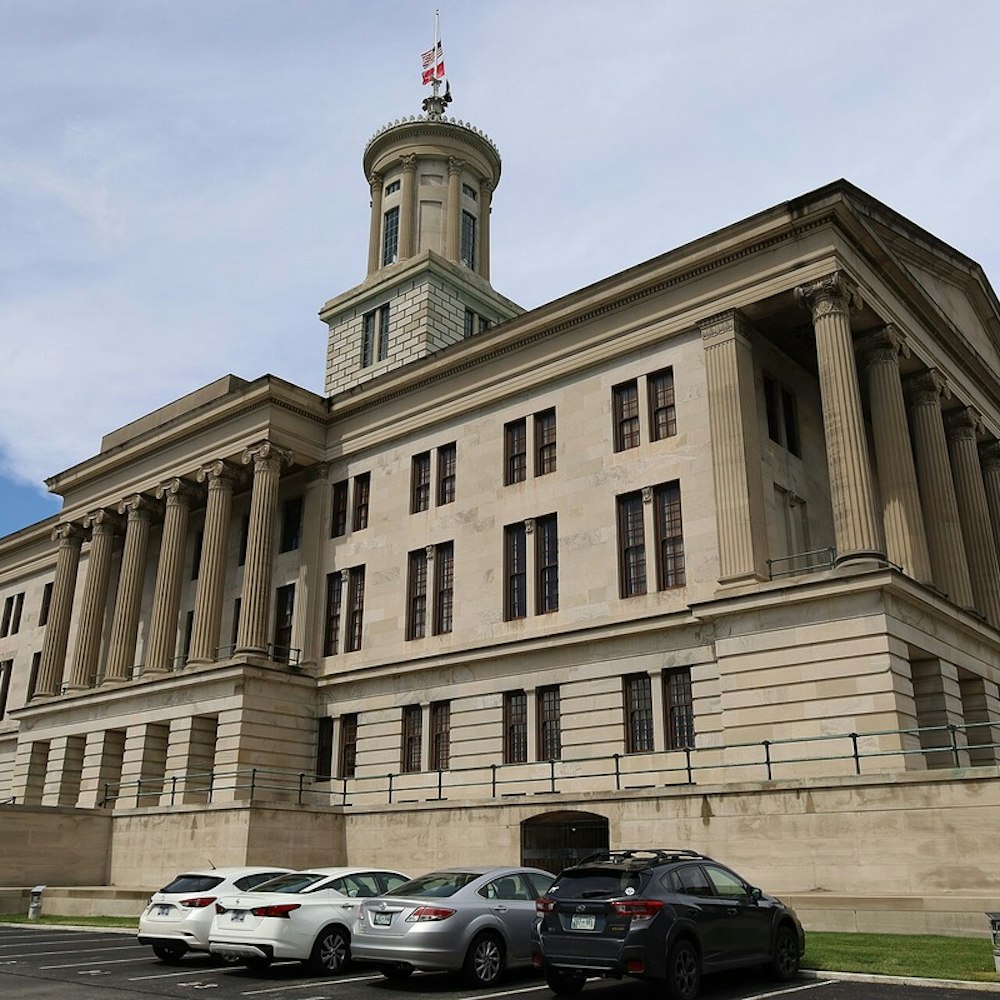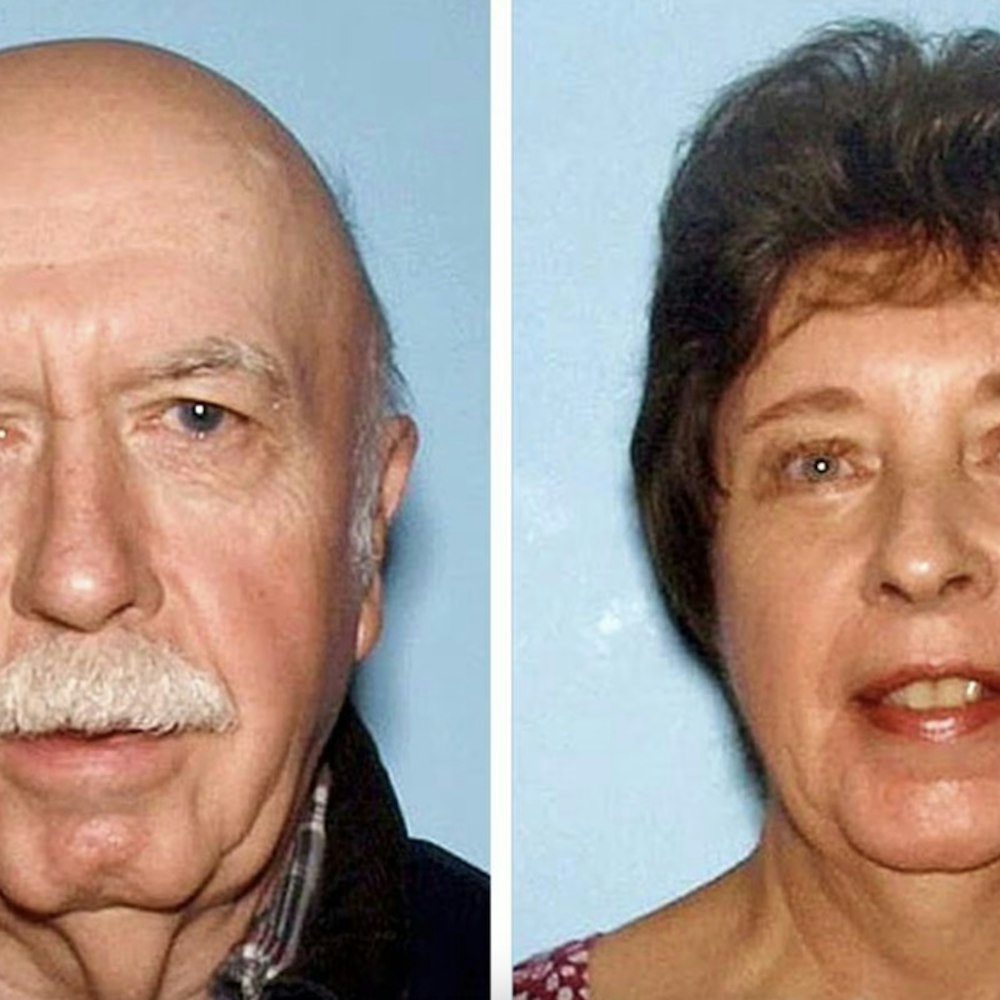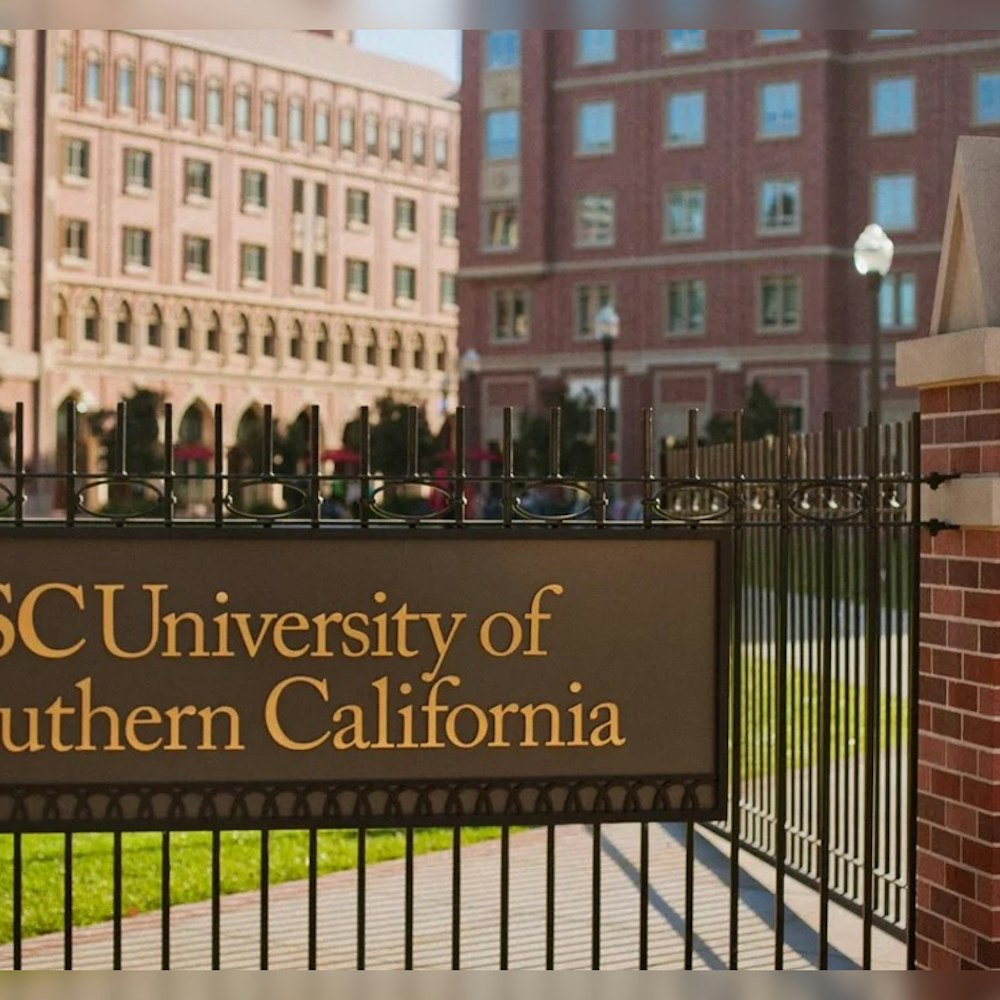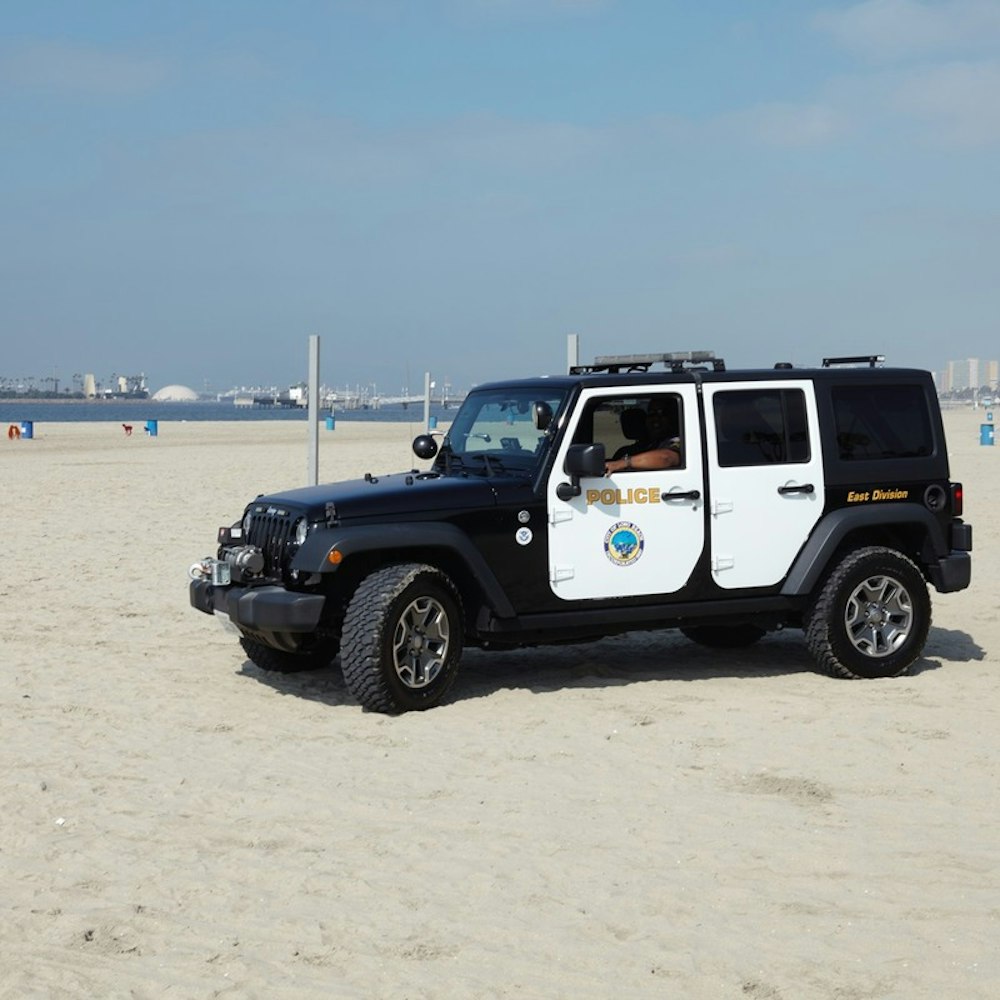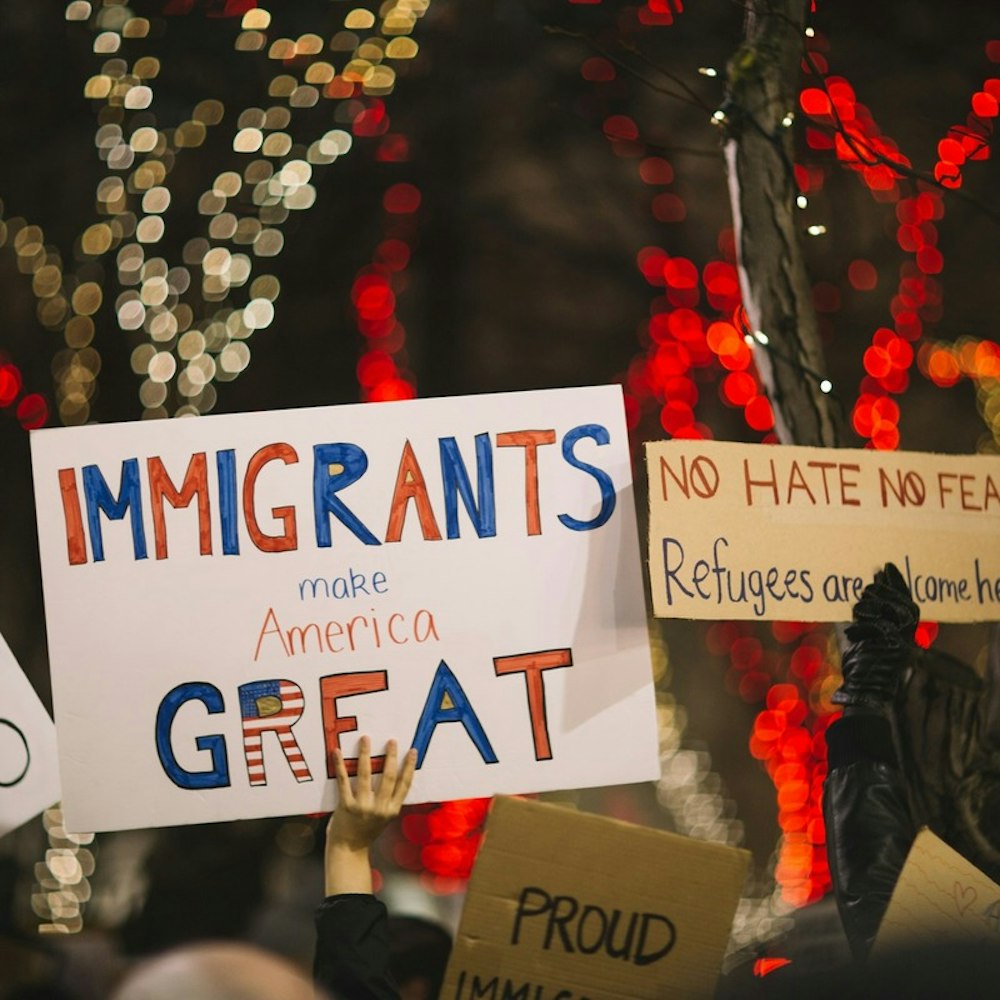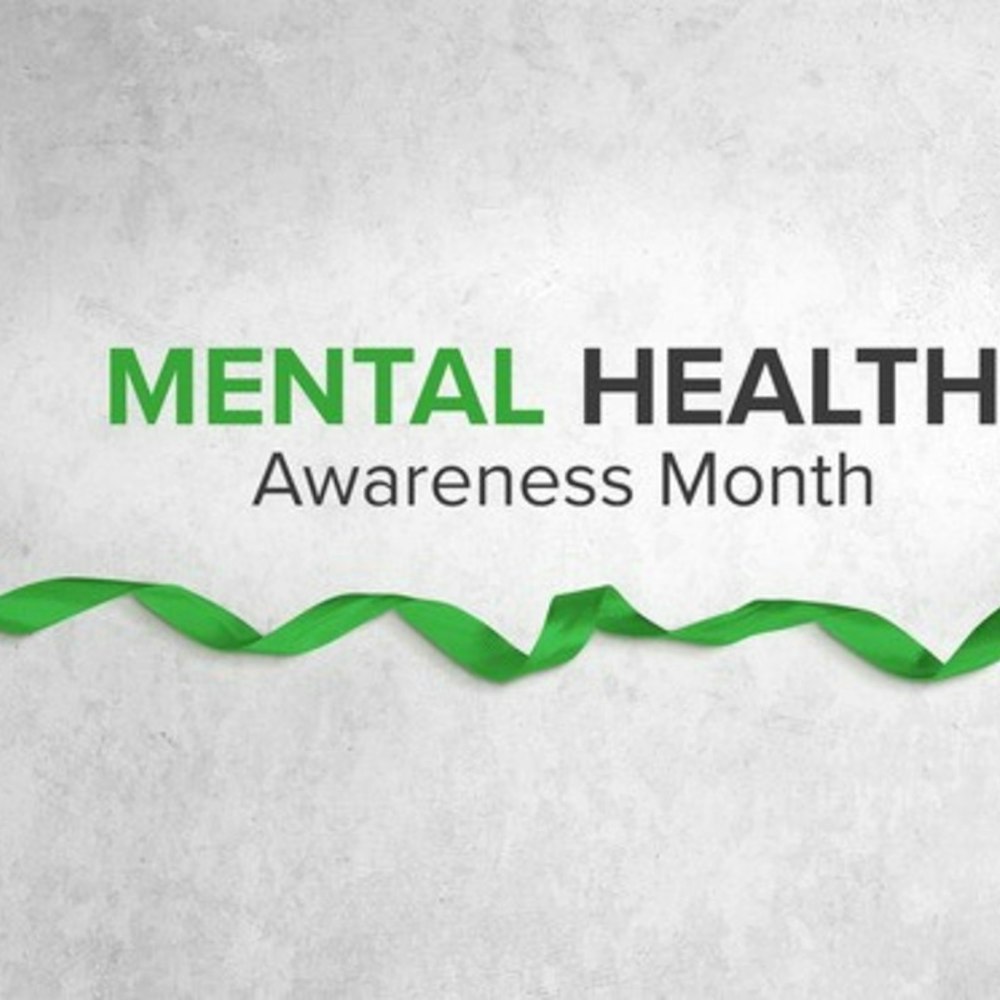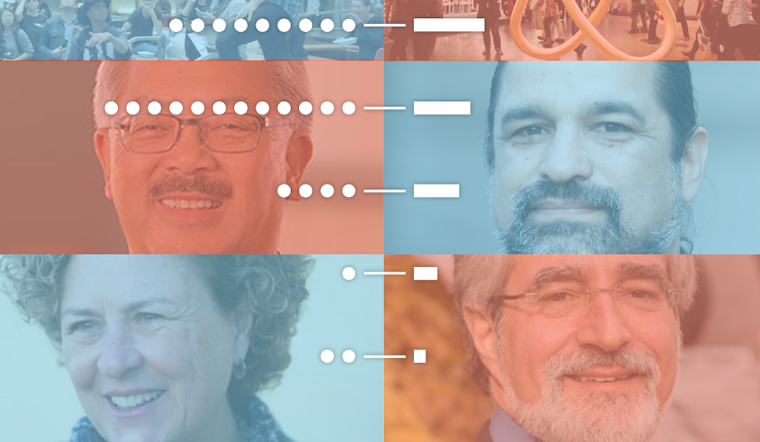
Tuesday's election has come and gone, along with its bevy of political mailers and endorsements. In advance of the election, we created an interactive tool to help voters sift and sort through the endorsements that they care about. But just how much of an impact do those endorsements have in swaying the vote one way or the other?
Now that the dust has settled a bit, we've taken a look at how a handful of the propositions and candidates did, in comparison to how many endorsements they received. The list of endorsers can be found on our election tool; they include notable neighborhood groups and organizations, political parties and clubs, and community organizations and media. Many of them were suggested by readers. Election numbers are sourced from sfelections.org, and may evolve slightly as mail-in votes are tallied.
In the contentious race for District 3 Supervisor, the number of endorsements for Aaron Peskin reflected his eventual victory, though incumbent Julie Christensen garnered endorsements from heavy-hitters like the Chronicle and the San Francisco Democratic Party. In all, Peskin received 17 endorsements to Christensen's 11; 18 endorsers withheld an opinion.
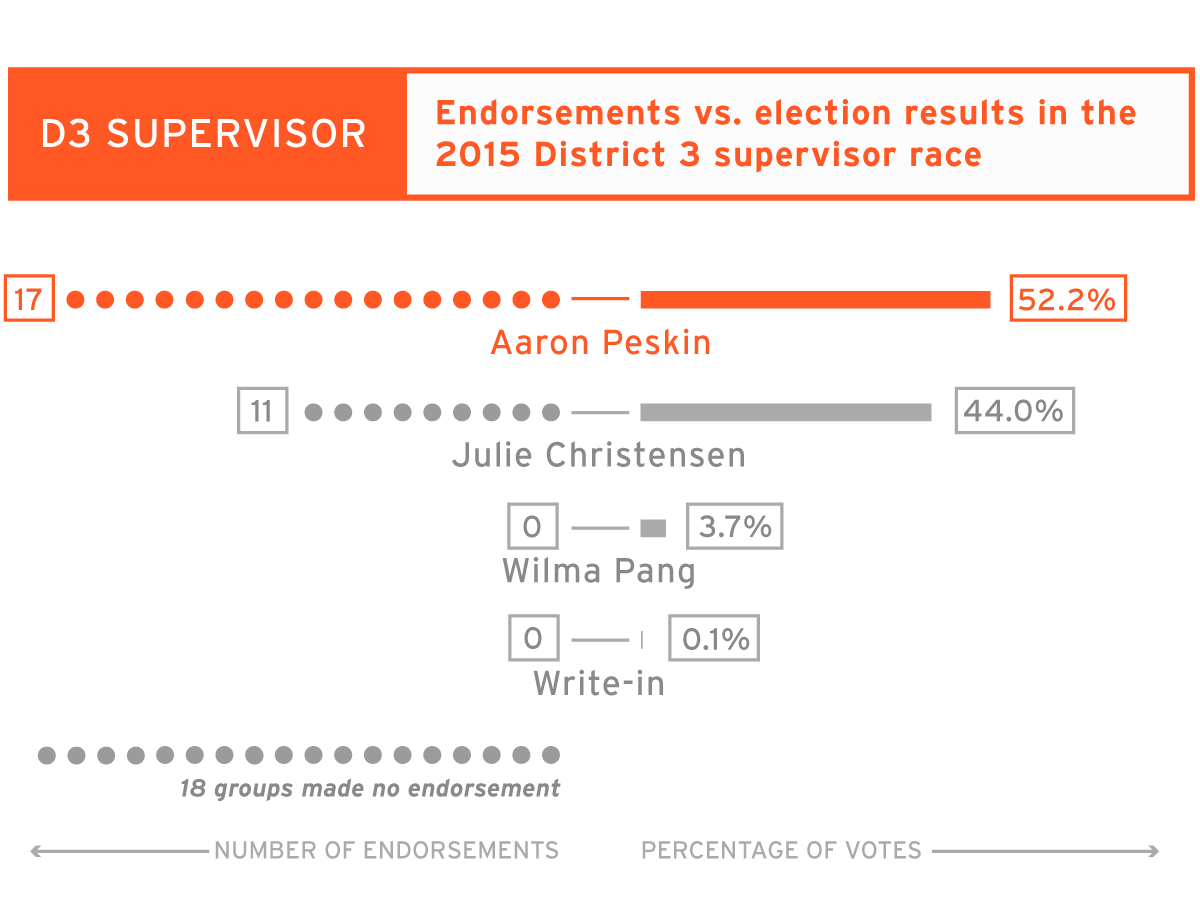
Likewise, the mayoral race saw a correlation between the highest number of endorsements and eventual victory, but many endorsers gave nods to the upstart protest candidates who ran against shoo-in Ed Lee. While Lee received 14 endorsements and 56.8 percent of the vote, longshot candidate Amy Farah Weiss got 12 endorsements and 11.8 percent of the vote. In a showcase of the fairly tepid opinion surrounding the race, 19 groups made no endorsement for mayor—a higher tally than those who endorsed any one candidate, including Lee.
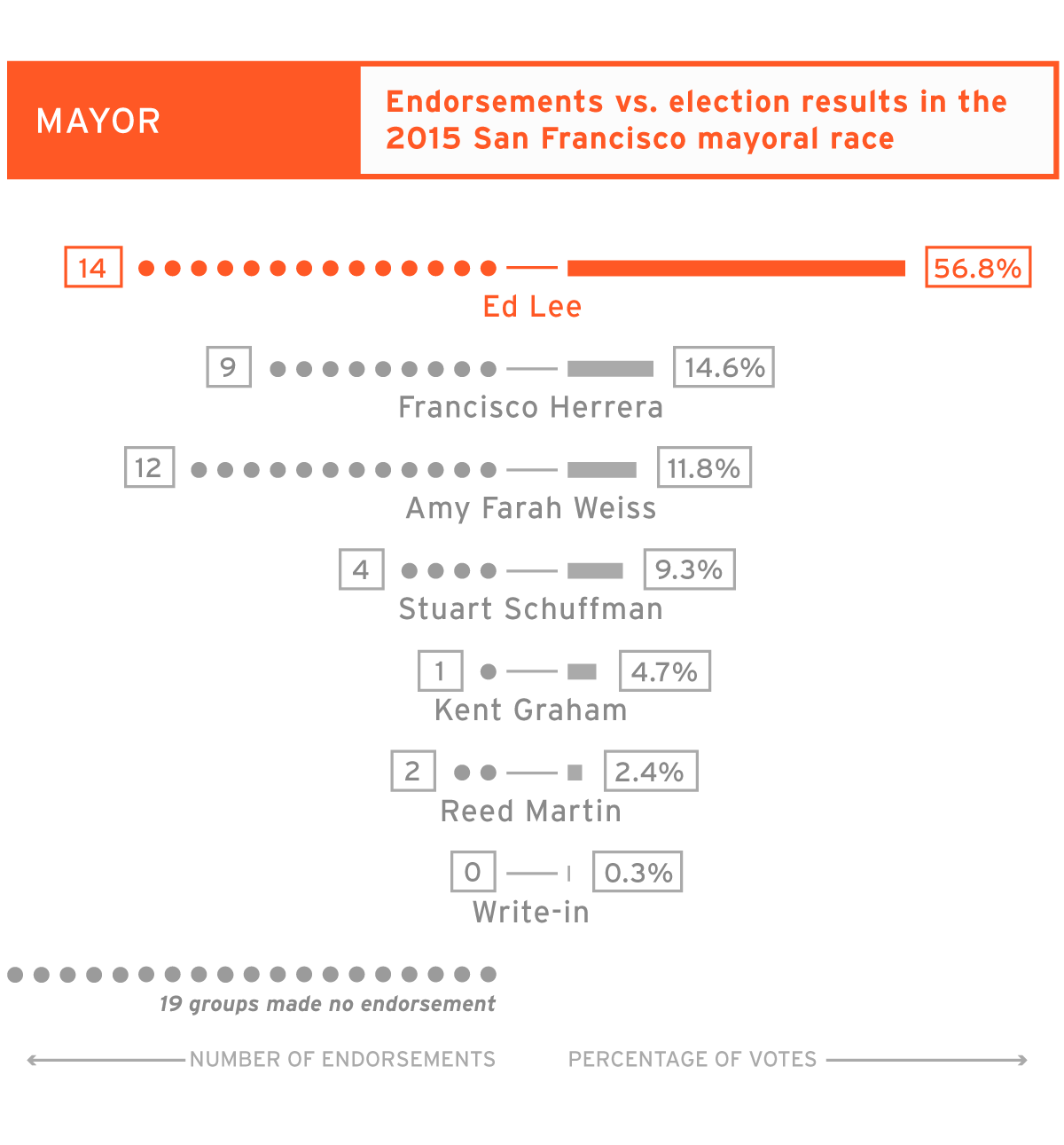
But while majority endorsements mapped onto the eventual outcome in individual races, they didn't always do the same for propositions. That's especially true in the cases of propositions F and I, in which far more endorsers weighed in on the issues.
For Prop F, the controversial matter of whether the city should further regulate short-term rentals (namely Airbnb), a whopping 26 endorsers recommended a "yes" vote, while 16 endorsed a "no" vote and three abstained. But the measure failed by 55.4 percent to 44.6 percent, perhaps due in part to Airbnb's $8 million advertising campaign aimed at defeating the measure.
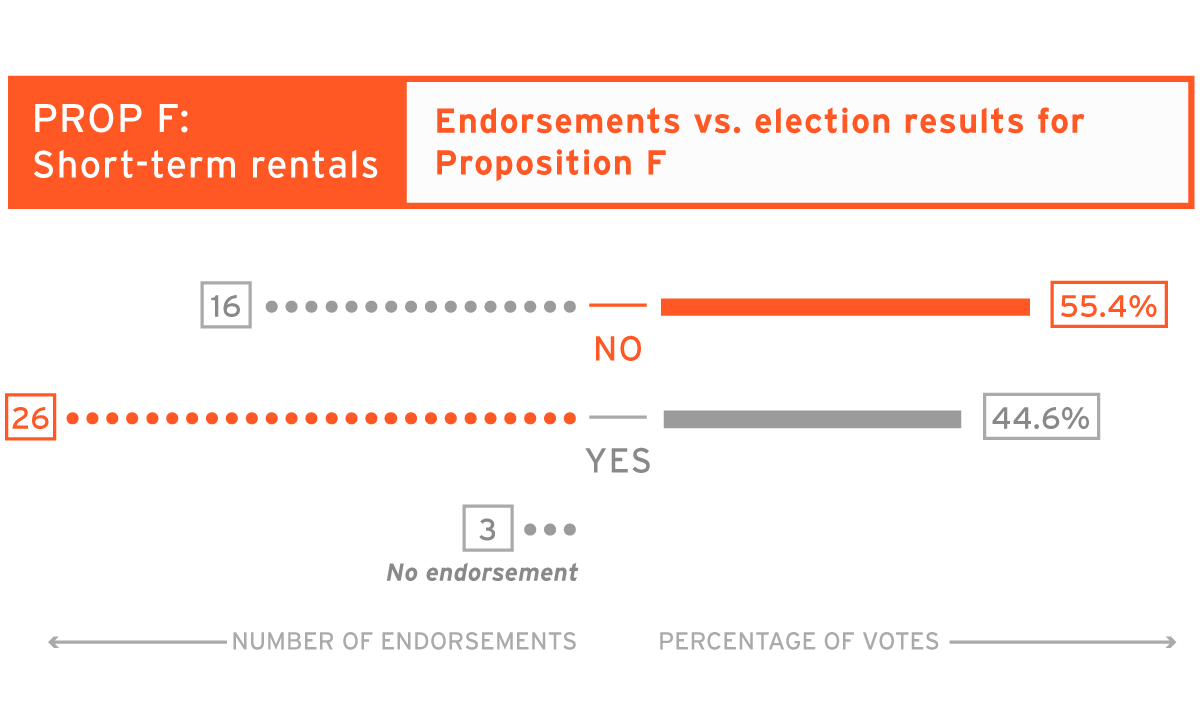
And then there's Proposition I, known as the "Mission housing moratorium." In similar fashion, the majority of endorsements (24) resulted in only 42.3 percent of voters for the measure. Nearly 60 percent of voters, and 16 endorsers, were against it.
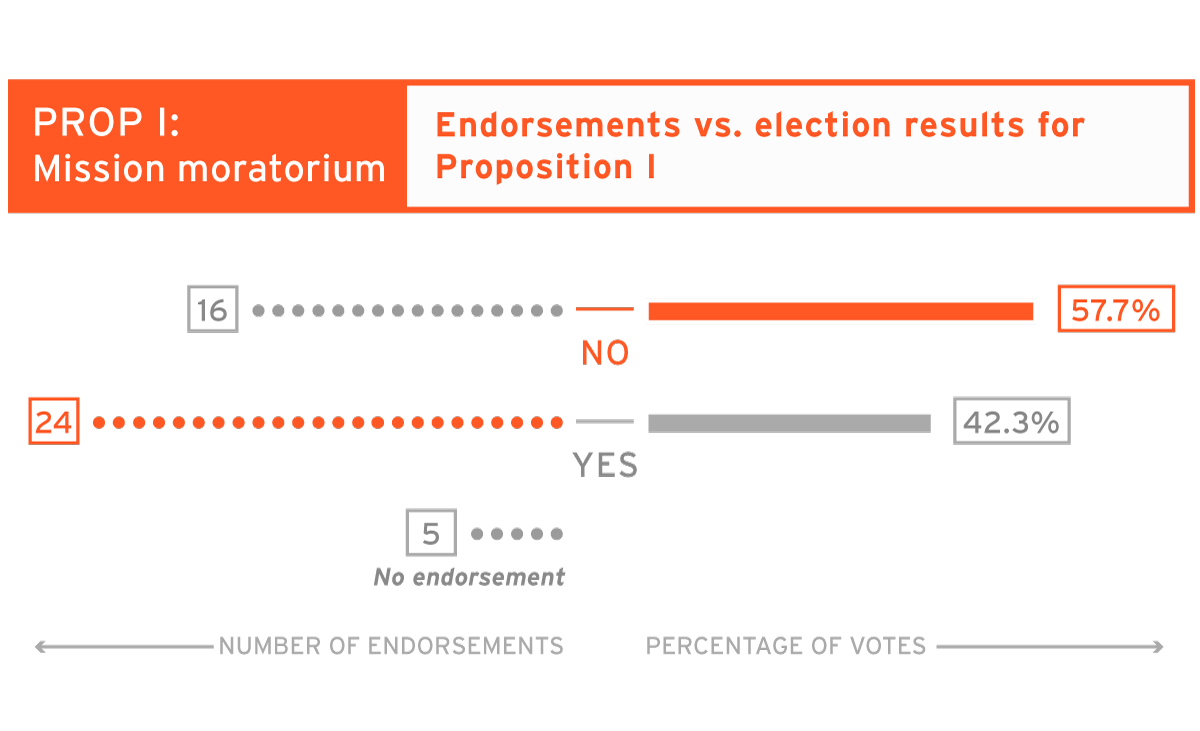
It's important to note that only about 38 percent of San Francisco's registered voters came out for Tuesday's election, and of those, it's unclear how many stopped to notice the many campaign mailers and endorsements swirling around pre-election.
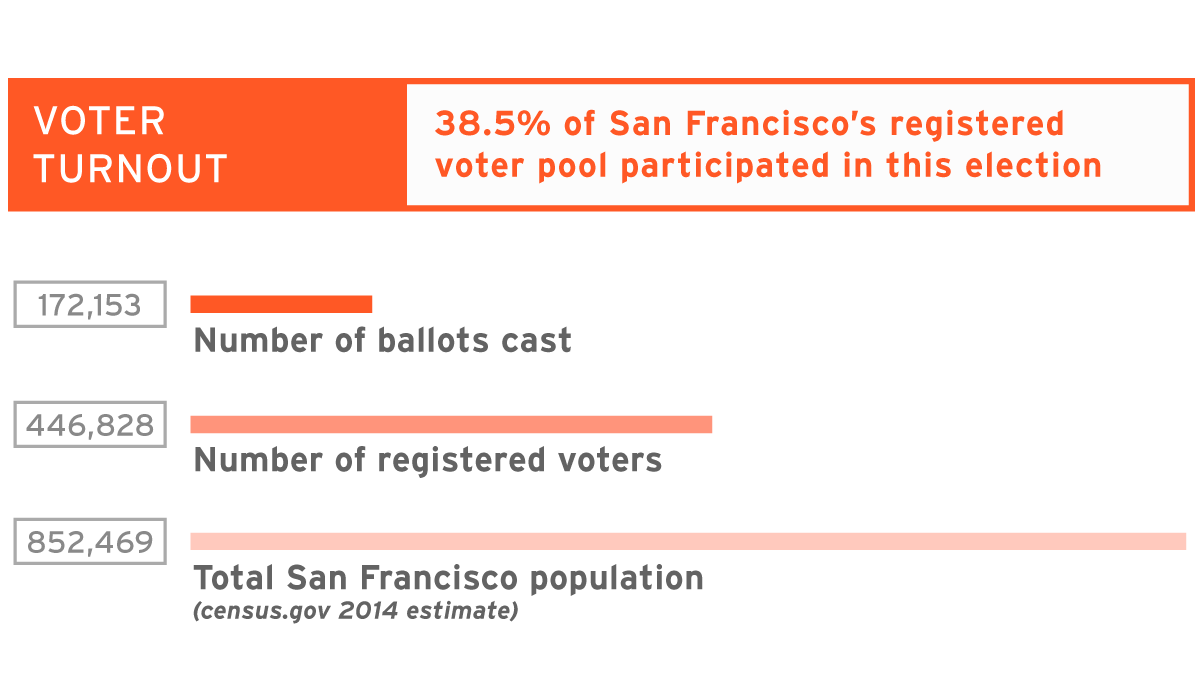
If the endorsements were viewed as bets, who'd be the big winner? Of all the endorsers, the San Francisco Democratic Party and the Bay Area Reporter came out on top, only losing out on their D3 pick, Julie Christensen. Other democratic clubs were closely aligned.
More crestfallen might be groups like the San Francisco Tenants Union and the progressive San Francisco Bay Guardian, which pushed for a "yes" vote on propositions F and I, the reelection of Ross Mirkarimi for sheriff, and anyone but Ed Lee. (Aaron Peskin was the only winner in those groups' roster.)
You can view the rest of this year's endorsements here.
